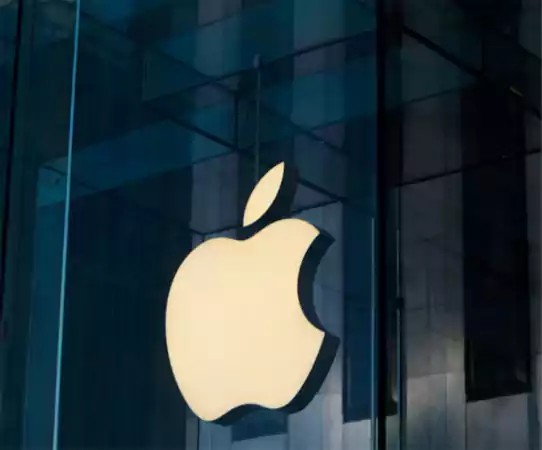
Apple started a federal action in the Northern District of California against tech influencer Jon Prosser and his associate, Michael Ramacciotti, in mid-July 2025, claiming they coordinated a deliberate scheme to leak details about the next iOS 26 operating system.
Ramacciotti acquired access to a prototype iPhone Apple engineer Ethan Lipnik had while he was staying briefly at Lipnik’s house, according to the claims made in Apple’s lawsuit. Ramacciotti reportedly bided his time until the engineer left by using location data and obtaining Lipnik’s passcode, then showed Prosser unreleased iOS 26 details via FaceTime.
Prosser allegedly taped this session and then developed ‘reconstructed’ graphic interpretations, which he shared on his YouTube channel and website and profited from the content through advertisements. Apple claims this action was a methodical spying operation aimed at obtaining trade secrets rather than just leaking. The business is asking for a restraining injunction against any further release of such data, as well as financial compensation.
Prosser, on the other hand, denies any accusations of misdeeds. He claims he never told Ramacciotti to commit theft and was not aware of how the iOS 26 details were obtained (after iOS 26 beta 2 release). He stated in comments made to journalists that he was sorry over Lipnik’s dismissal and that he was surprised when the case became public.
For reportedly neglecting to protect the development device, Lipnik, the Apple employee under consideration, has been fired. Apple also asserts that an anonymous whistleblower alerted it to the intrusion in April. Experts note that Apple’s legal position seems strong, citing both the Defend Trade Secrets Act and the Computer Fraud and Abuse Act, especially because the claimed acts occurred on U.S. land.
This iOS 26 details leak reflects a major increase in Apple’s efforts to stop leaks. As the trial unfolds, it may set important precedents about the border between legal technological journalism and illegal information gathering, thereby spurring significant debate about corporate secrecy, internet monetization, and press freedom.
